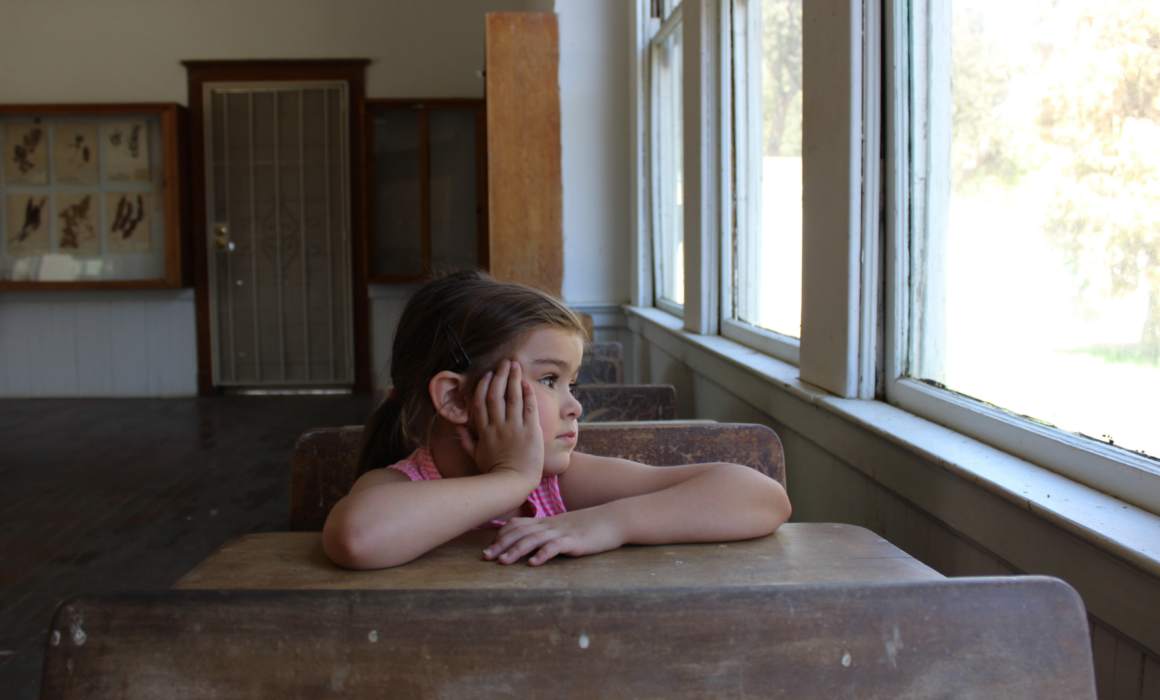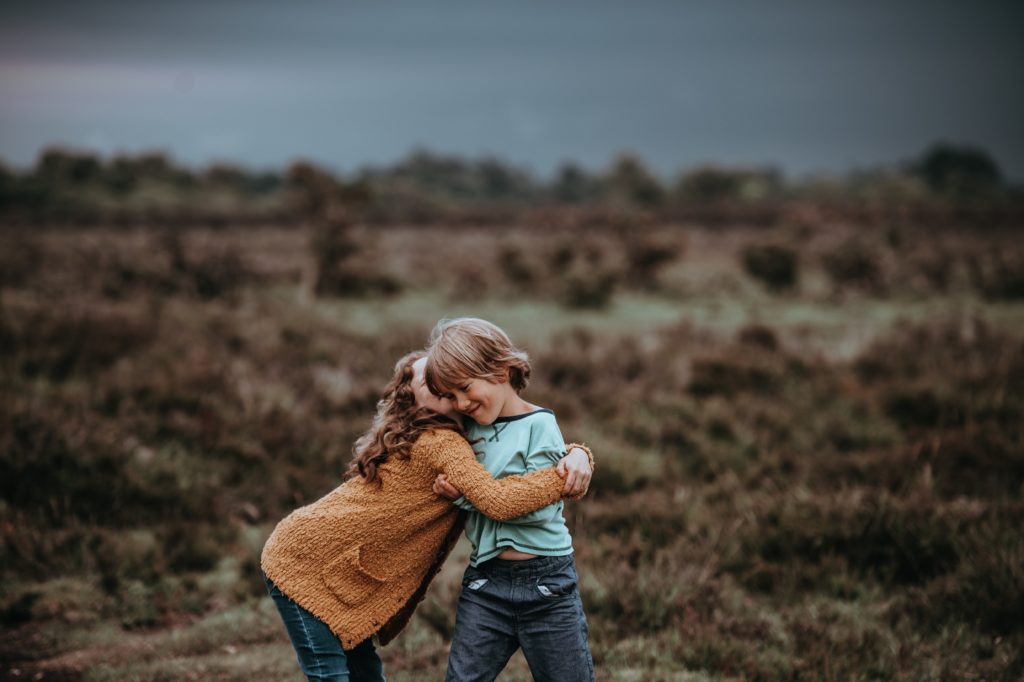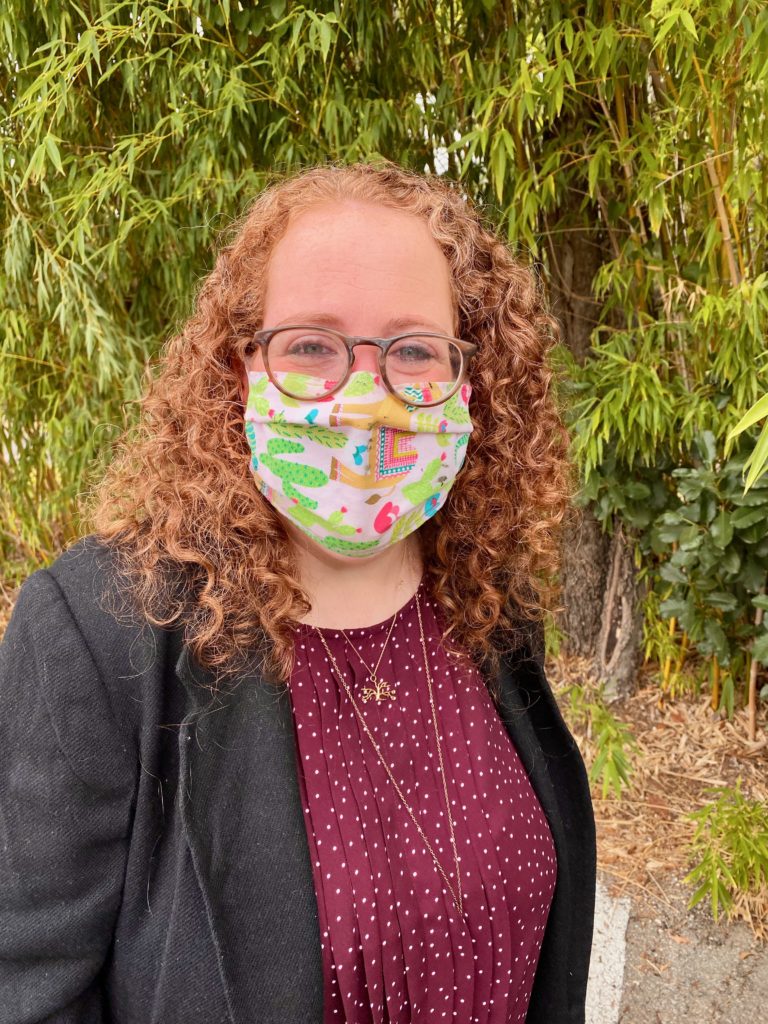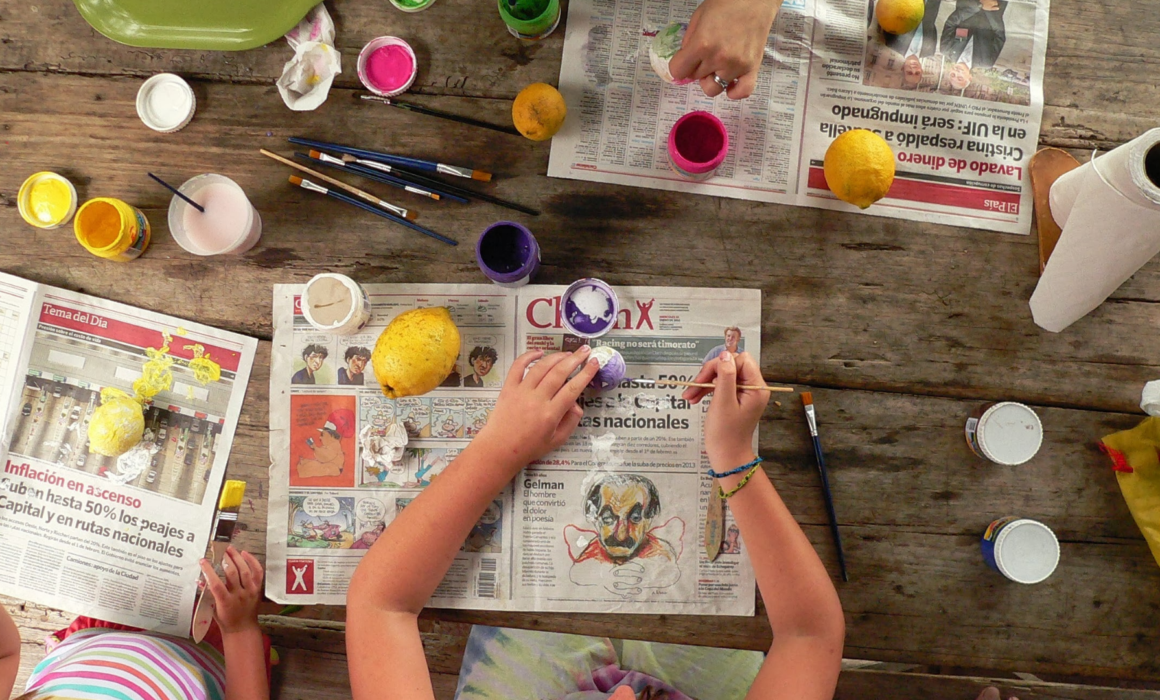How Childhood Trauma Can Affect Your Relationship With Your Partner
“Oh no, it’s happening again. I want to tell him I’m upset, but I can’t seem to speak.”
“I just threw a tantrum over nothing, like some little kid. I feel so silly! What’s wrong with me?”

Sound familiar? If so, you’re not crazy. It’s common for childhood trauma to show up in unexpected ways, especially in close relationships with others. A certain tone or phrase from your partner can trigger an intense reaction that feels out of place in the moment. Even if you know your partner didn’t mean any harm, you may find yourself overwhelmed with such strong emotions that you feel out of control. Often, these feelings stem from the past. Even if they’re buried deep down, unprocessed emotions have a tendency of leaking out again when we least expect it.

Because childhood trauma so often involves our earliest relationships, it makes sense that old patterns of coping show up in our most intimate relationships. Your mind is always vigilant, ready to protect you from any perceived relational threat. Even if your partner is supportive, your trauma may convince you that you don’t deserve their love. If your partner has a hard time understanding, invalidating messages like “you’re too sensitive” or “stop being so emotional” can trigger you all over again. So how do you keep past trauma from wreaking havoc in the here and now?

This is why it’s so important to find a counselor you feel safe with. Working with a trauma counselor can help you identify old relational patterns and triggers, and cope with the overwhelming emotions that follow. When you experience new ways of relating in the context of a safe relationship, old patterns begin to change, promoting healthier relationships with others. Past trauma affects the present – but it doesn’t always have to.
If you would like to hear more about how childhood trauma can affect your relationship with your partner, you can contact Summer Greenlee, LPC Associate.
Here is the link to learn more about Summer:
New About

















